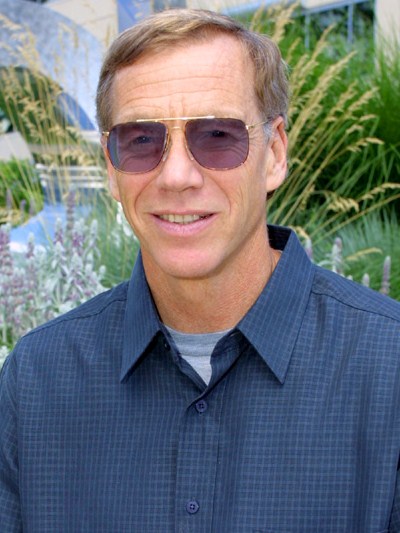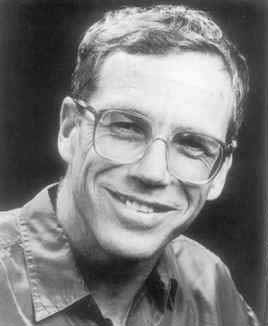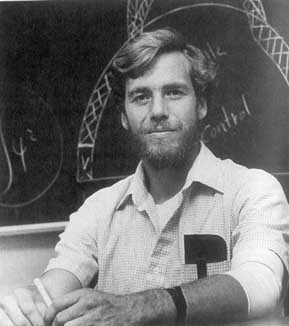<Back to Index>
- Mathematician Michael Hartley Freedman, 1951
PAGE SPONSOR



Michael Hartley Freedman (born 21 April 1951 in Los Angeles, California, U.S.) is a mathematician at Microsoft Station Q, a research group at the University of California, Santa Barbara. In 1986, he was awarded a Fields Medal for his work on the Poincaré conjecture. Freedman and Robion Kirby showed that an exotic R4 manifold exists.
Freedman was born in Los Angeles. His father, Benedict Freedman, was an aeronautical engineer, musician, and writer. His mother, Nancy Mars, performed as an actress and also trained as an artist. His parents co-wrote a series of novels together. He entered the University of California, Berkeley, in 1968, and continued his studies at Princeton University where he received Ph.D. degree in 1973 for his doctoral dissertation titled Codimension - Two Surgery, written under the supervision of William Browder. After graduating, Freedman was appointed a lecturer in the Department of Mathematics at the University of California, Berkeley. He held this post from 1973 until 1975, when he became a member of the Institute for Advanced Study (IAS) at Princeton. In 1976 he was appointed assistant professor in the Department of Mathematics at the University of California, San Diego (UCSD). He spent the year 1980/81 at IAS, returning to UCSD, where in 1982 he was promoted to professor. He was appointed the Charles Lee Powell chair of mathematics at UCSD in 1985.
Freedman has received numerous other awards and honors including Sloan and Guggenheim Fellowships, a MacArthur Fellowship and the National Medal of Science. He is an elected member of the National Academy of Sciences, and the American Academy of Arts and Sciences.
He currently works at Microsoft Station Q at the University of California, Santa Barbara, where his team is involved in the development of the topological quantum computer.